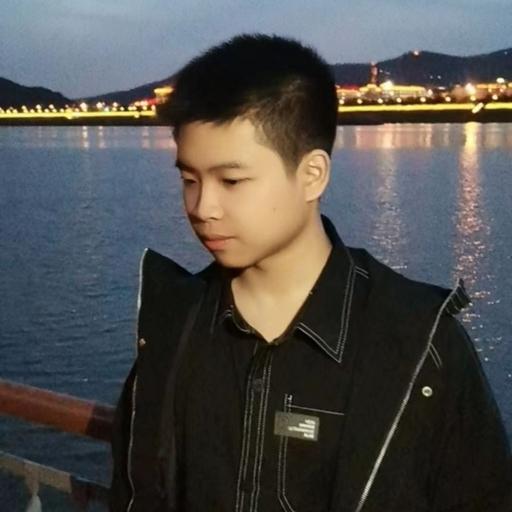People
Organizer
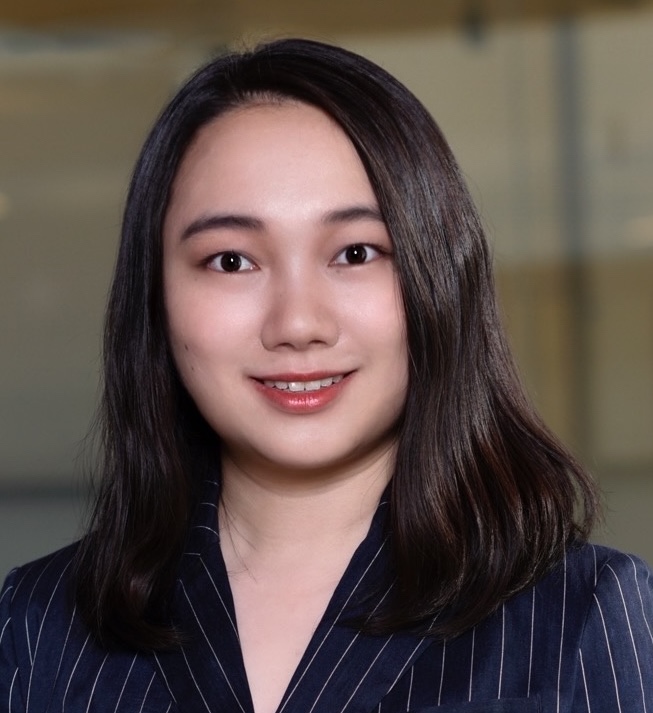
Binglu Wang
Binglu Wang is a Ph.D. candidate in Management & Organizations (MORS) at the Kellogg School of Management, Northwestern University, with affiliations at the Center for Science of Science and Innovation (CSSI) and the Northwestern Institute on Complex Systems (NICO). Her scholarly inquiry centers on Innovation & Science, Cross-Cultural Evaluation, and Social Networks. Employing computational methodologies alongside field experiments, her current research endeavors aim to understand how social learning mechanisms—such as observation, feedback, cooperation, and cultural transmission—facilitate or obstruct the processes of innovation incubation and evaluation within the realms of Science, Culture, and Entrepreneurship, drawing on large-scale archival and experimental data. She received her bachelor's degree in Information Management and Information Systems from Peking University in 2019. Binglu is also a 2021 SICSS alum.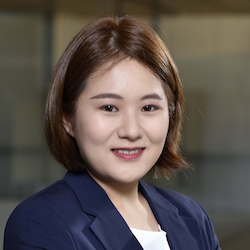
Ji Hae Choi
Ji Hae Choi is a Ph.D. student in Management & Organizations (MORS) at the Kellogg School of Management, Northwestern University, with affiliations at the Northwestern Institute on Complex Systems (NICO).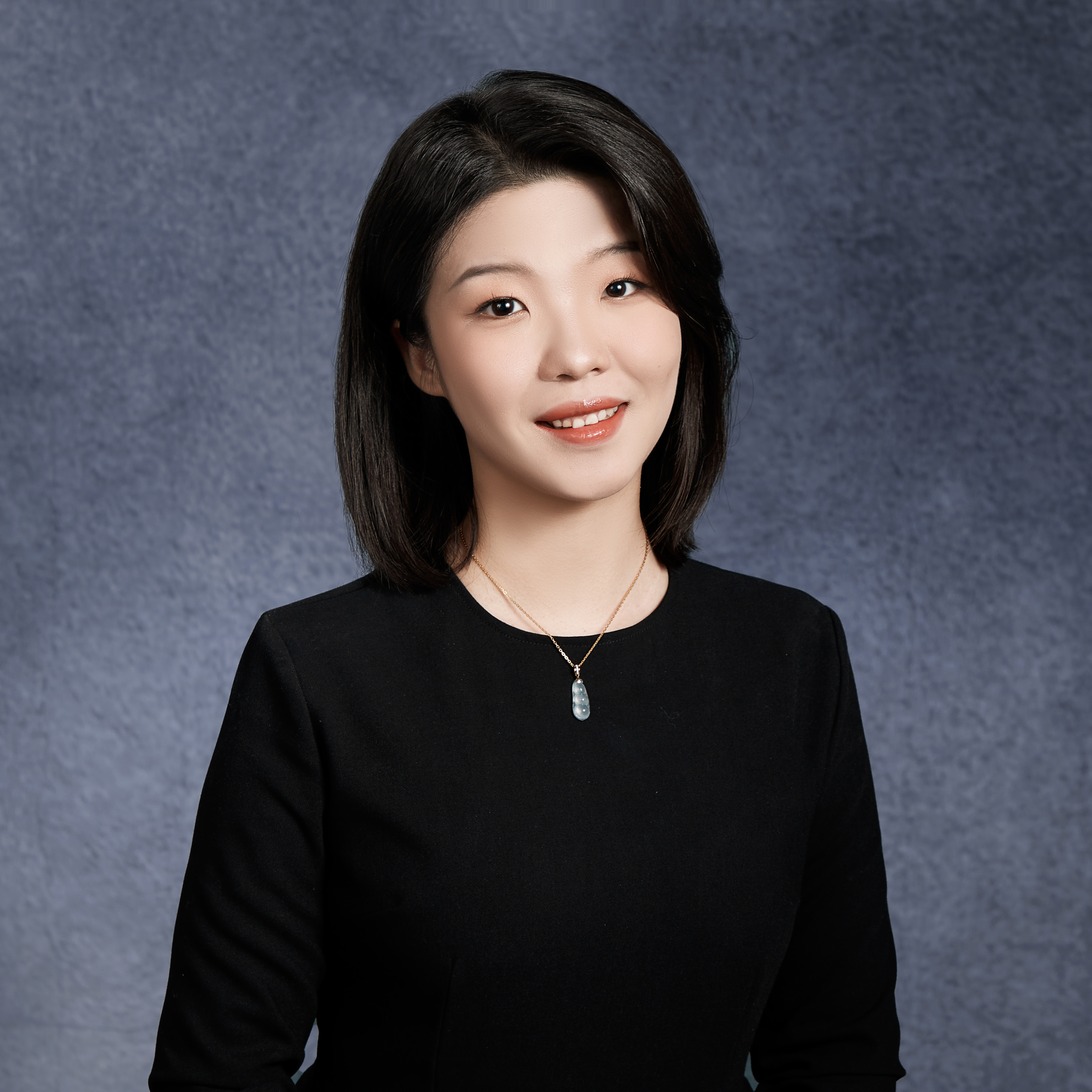
Yingdan Lu
Yingdan Lu (PhD, Stanford University) is an Assistant Professor of Communication Studies in the School of Communication at Northwestern University. Her research focuses on digital technology, political communication, and information manipulation in authoritarian and democratic contexts. Her research employs both computational and qualitative methods to understand how authoritarian governments use digital media and artificial intelligence to maintain their rule, and how individuals experience visual media in different media environments. Her work has appeared in peer-reviewed journals such as Political Communication, New Media & Society, Human-Computer Interaction, Computational Communication Research, and among other peer-reviewed journals. For more information, see her website: https://yingdanlu.com/.Speakers (alphabetical order)
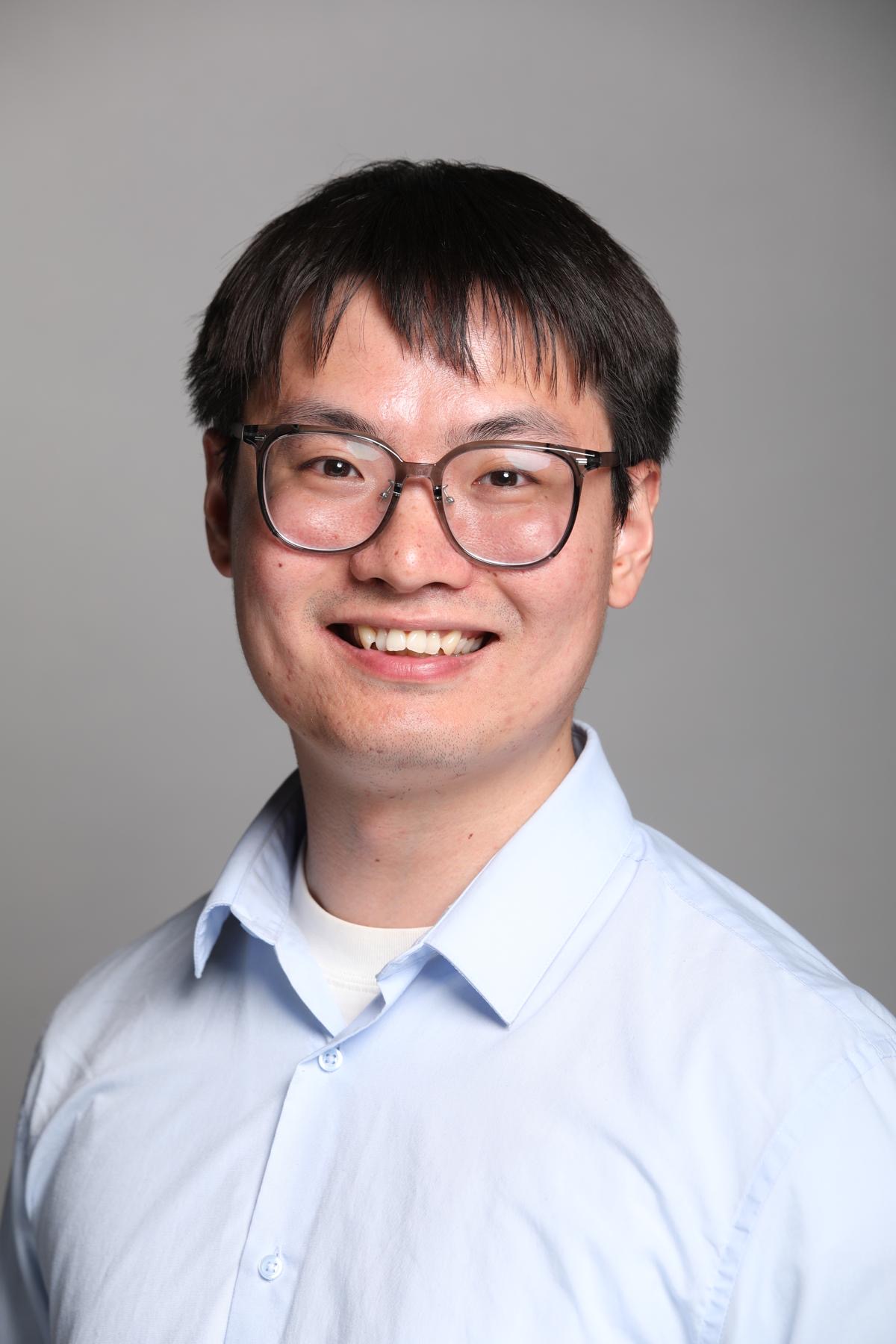
Hancheng Cao
Hancheng Cao is an incoming assistant professor at Emory University Goizueta Business School Information Systems & Operations Management Department. He is currently a postdoctoral researcher at Microsoft's Office of Applied Research. Hancheng works in the field of computational social science and human computer interaction, where he mines large-scale data, develops algorithms and builds systems to study the implications of technology on the future of work. His work has been recognized by three Best Paper (CHI 2023) or Honorable Mention (CSCW 2020, CHI 2021) awards at top venues. His work has been featured in the popular press including The New York Times, Wired, Forbes, New Scientist, TED. Hancheng obtained his Ph.D. in computer science (with a PhD minor in management science and engineering) from Stanford University, and his bachelor's degree in electronic engineering from Tsinghua University.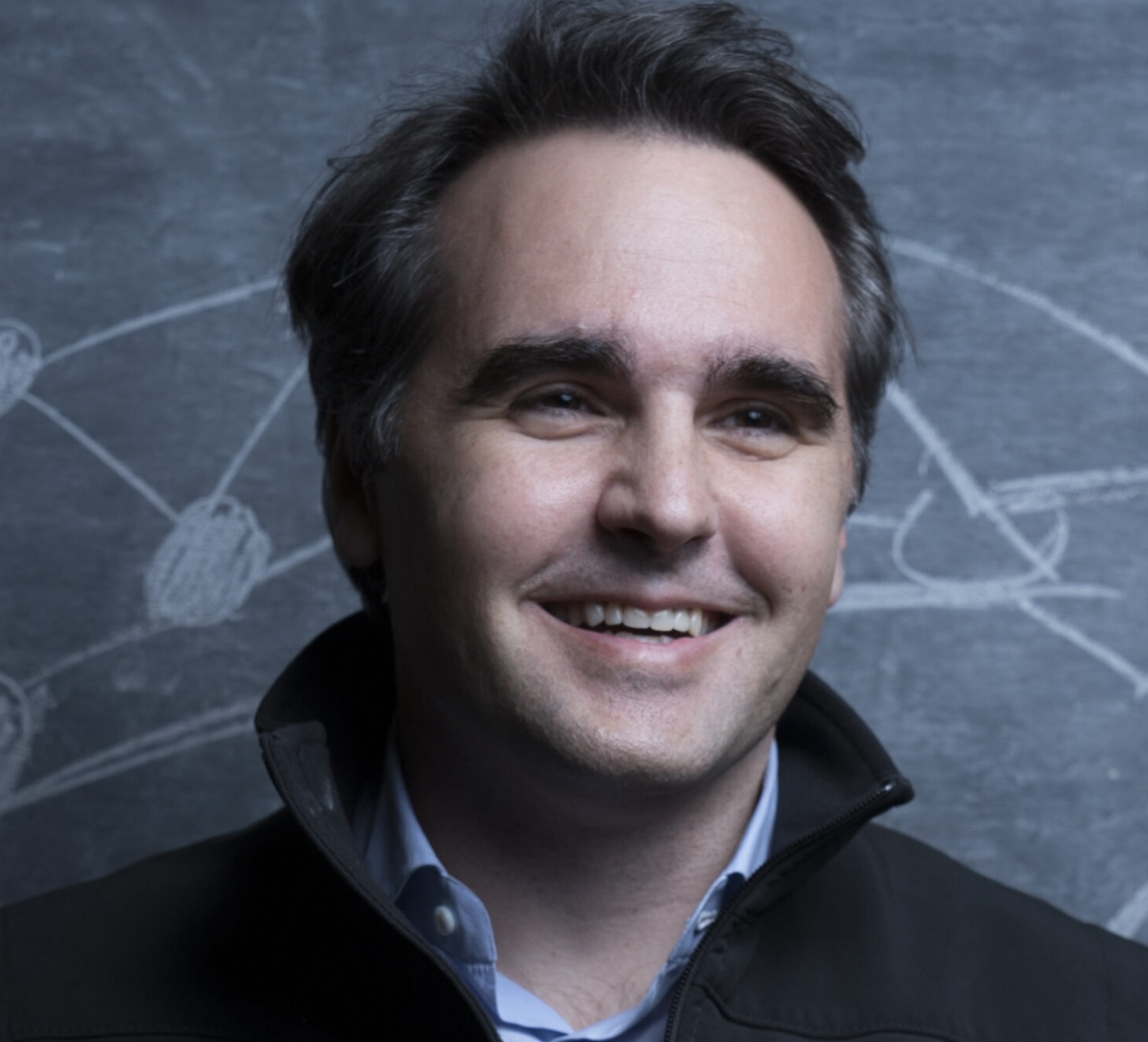
Damon Centola
Damon Centola is the Elihu Katz Professor of Communication, Engineering and Sociology at the University of Pennsylvania where he is Director of the Network Dynamics Group and a Senior Fellow at the Leonard Davis Institute of Health Economics. His research centers on social networks and behavior change. Damon’s work has received numerous awards including the Goodman Prize for Outstanding Contribution to Sociological Methodology in 2011; the James Coleman Award for Outstanding Research in Rationality and Society in 2017; and the Harrison White Award for Outstanding Scholarly Book in 2019. He was a developer of the NetLogo agent based modeling environment, and was awarded a U.S. Patent for inventing a method to promote diffusion in online networks. He is a member of the Sci Foo community and Fellow of the Center for Advanced Study in the Behavioral Sciences at Stanford University. His work has been funded by the National Science Foundation, the Robert Wood Johnson Foundation, Facebook, the National Institutes of Health, the James S. McDonnell Foundation, and the Hewlett Foundation. Popular accounts of Damon’s work have appeared in The New York Times, The Washington Post, The Wall Street Journal, Wired, TIME, The Atlantic, Scientific American and CNN, among other outlets. His speaking and consulting clients include Amazon, Microsoft, Apple, Cigna, the Smithsonian Institution, the American Heart Association, General Motors, the National Academies, the U.S. Army and the NBA. He is a series editor for Princeton University Press, and the author of How Behavior Spreads: The Science of Complex Contagions (Princeton, 2018), and Change: How to Make Big Things Happen (Little Brown, 2021).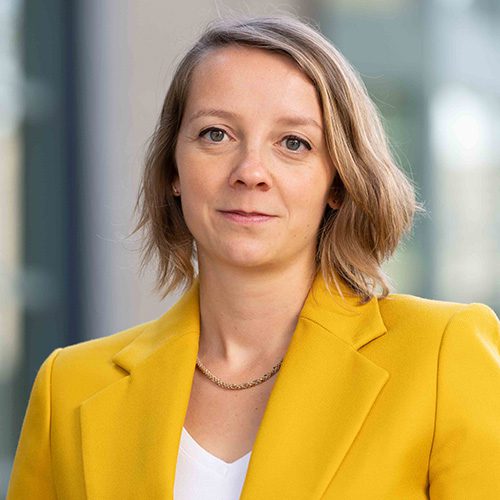
Solène Delecourt
Solène Delecourt is an assistant professor in the Management of Organizations Group at the Haas School of Business. She earned her PhD at the Stanford Graduate School of Business. She also holds a master’s degree in Economics and Public Policy from Sciences Po Paris and École Polytechnique. Delecourt studies inequality in business performance using large-scale field experiments and novel survey data. Her research agenda focuses on what drives variation in profits across firms and how we could reduce inequality in business performance among entrepreneurs in different market settings, including India, Uganda, and the US.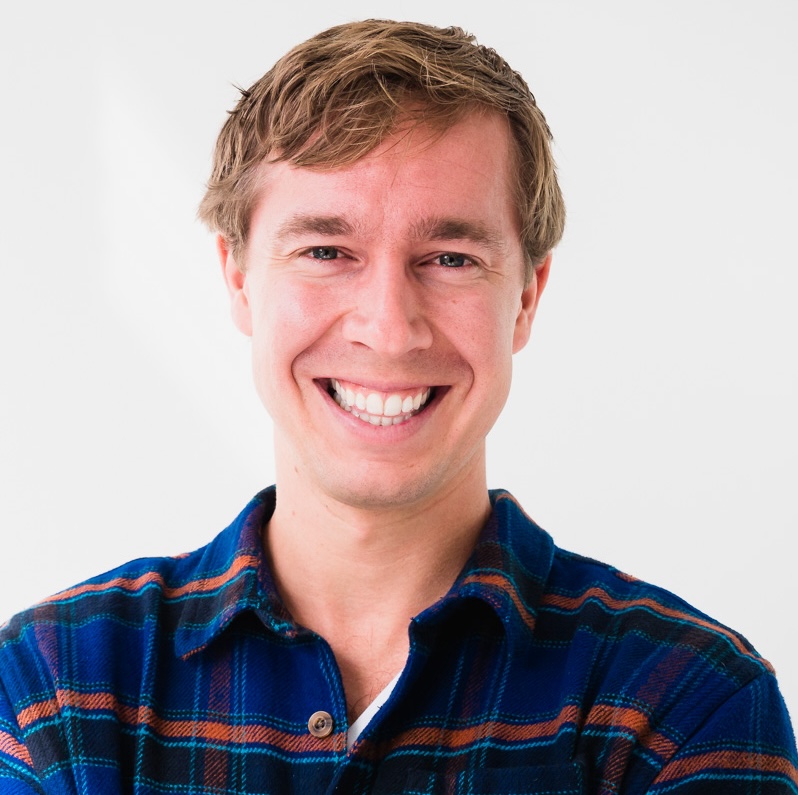
Matt Groh
Matt Groh is a Donald P. Jacobs Scholar and Assistant Professor of Management and Organizations. His research examines the dynamics of human-AI collaboration in deepfake detection, medical diagnosis, and empathic communication. Professor Groh's research has been published in Proceedings on National Academy of Science (PNAS), Nature Medicine, Science, Computer Supported Collaborative Work (CSCW), Affective Computing and Intelligence Interactions (ACII), and Communications of the ACM among other journals and conferences. His work has been featured in the popular press including The New York Times, Wall Street Journal, Science, Scientific American, NPR, Le Monde, Aeon, and Fast Company. Professor Groh received his BA from Middlebury College with a major in economics and minors in mathematics and Arabic and received his MA and PhD in Media Arts and Sciences from MIT.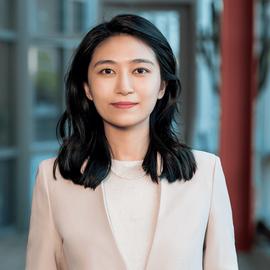
Manling Li
Manling Li is an assistant professor at the Computer Science department of Northwestern University and a postdoc at Stanford Vision and Learning Lab. She obtained her Ph.D. in Computer Science at University of Illinois Urbana-Champaign. At the core of her research in Knowledge Foundation Models, she aims to equip machines with factual knowledge extraction and reasoning from multimodal data (Language + X, where X can be images, videos, robotics, audio, etc). The ultimate goal of her research is to promote factuality and truthfulness in information access, through a structured knowledge view that is easily explainable, highly compositional, and capable of long-horizon reasoning. Her work on multimodal knowledge extraction won the ACL'20 Best Demo Paper Award, and the work on scientific information extraction from COVID literature won NAACL'21 Best Demo Paper Award. She was a recipient of Microsoft Research PhD Fellowship in 2021. She was selected as a DARPA Riser in 2022 (nominated by DARPA), and an EE CS Rising Star in 2022. She was awarded C.L. Dave and Jane W.S. Liu Award, and has been selected as a Mavis Future Faculty Fellow.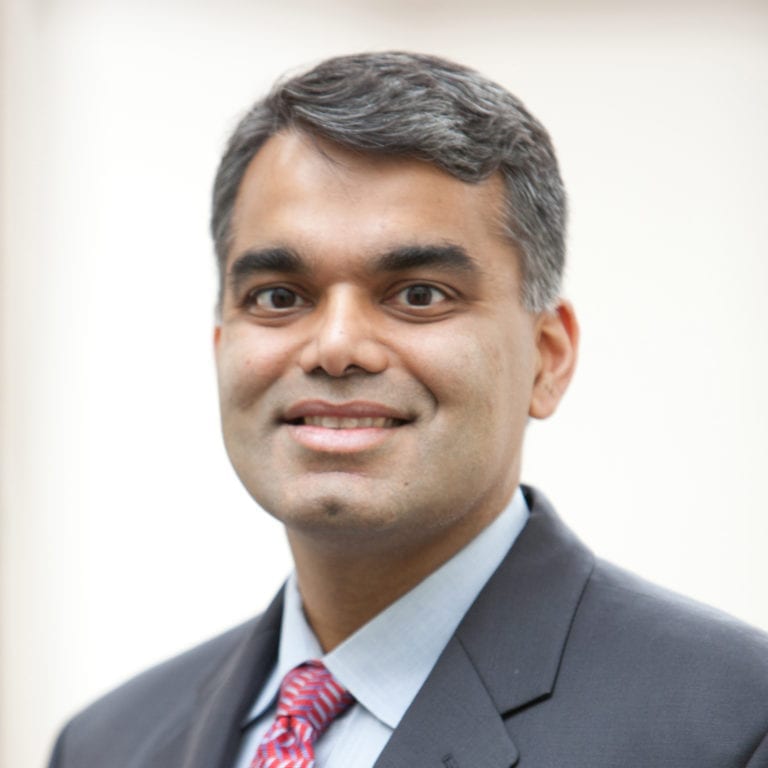
Sameer Srivastava
Sameer B. Srivastava is the Ewald T. Grether Professor of Business Administration and Public Policy at UC Berkeley's Haas School of Business and is also affiliated with UC Berkeley Sociology. His research uses computational methods to: (1) unpack the complex interrelationships between group culture, individual cognition, and interpersonal networks; and (2) examine how they jointly relate to individual attainment and organizational performance. He is Organizations Department Editor at Management Science and was previously a Senior Editor at Organization Science. Sameer co-directs the Berkeley Center for Workplace Culture and Innovation and the Berkeley-Stanford Computational Culture Lab. Sameer was previously a partner at a global management consultancy (Monitor Group; now Monitor Deloitte). He holds AB, AM, MBA, and PhD degrees from Harvard University.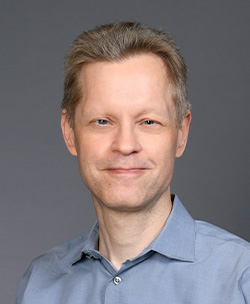
William Thompson
Will Thompson received a Ph.D. in Linguistics from Northwestern University in 2009, and has worked in both academia and industry as a data scientist specializing in computational linguistics. During 12 years at Motorola Labs, he developed software and algorithms for conversational dialog systems. He subsequently joined the Feinberg School of Medicine as a principle investigator and key contributor on several NIH grants for extracting information from clinical notes contained in large scale electronic medical record systems. He currently serves as Lead Computational Research Consultant for the Kellogg School of Management, guiding a team of computational specialists in support of faculty and graduate student research. Dr. Thompson has followed recent developments in large language models with great interest and has experience using them for multiple research projects at Kellogg.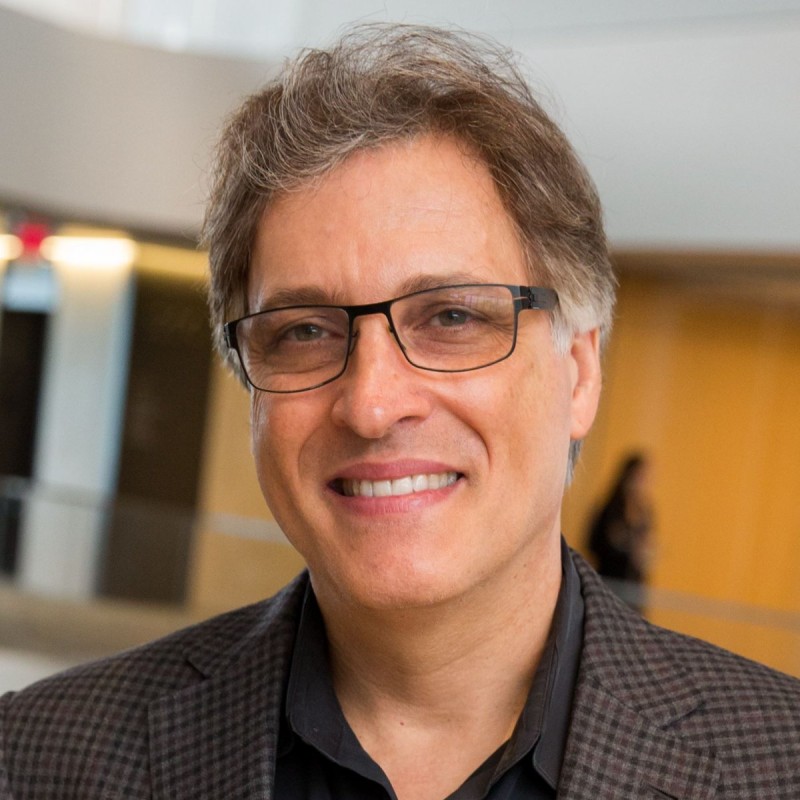
Brian Uzzi
Brian Uzzi is the Richard L. Thomas Professor of Leadership at the Kellogg School of Management, Northwestern University. He also co-directs the Northwestern Institute on Complex Systems (NICO), and holds professorships in Sociology and the McCormick School of Engineering. He has been on or visited the faculties of INSEAD, Chicago, Harvard, and Berkeley. His work has received 17 teaching prizes and 15 scientific research prizes worldwide in the social, physical, and computer sciences. His research uses social network science and computational methods to explain outstanding human achievement.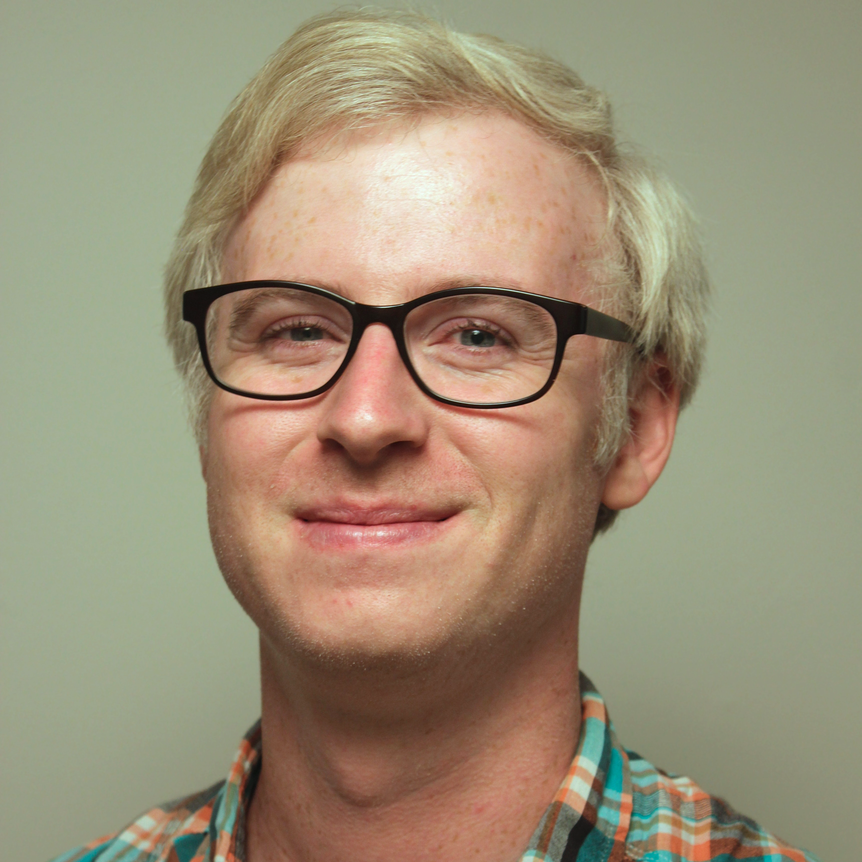
Rob Voigt
Rob Voigt is an assistant professor of linguistics and computer science (by courtesy) at Northwestern University, where he directs the Linguistic Mechanisms Lab. He is interested in natural language processing, social meaning, sociophonetics and interactional variation, Chinese and Japanese linguistics, gesture and embodiment, and applications of linguistic research to social good. He is particularly interested in using computational methods to understand the linguistic mechanisms of social problems. Professor Voigt received his PhD in Linguistics from Stanford in 2019, where he was a postdoctoral scholar in Computer Science in 2020.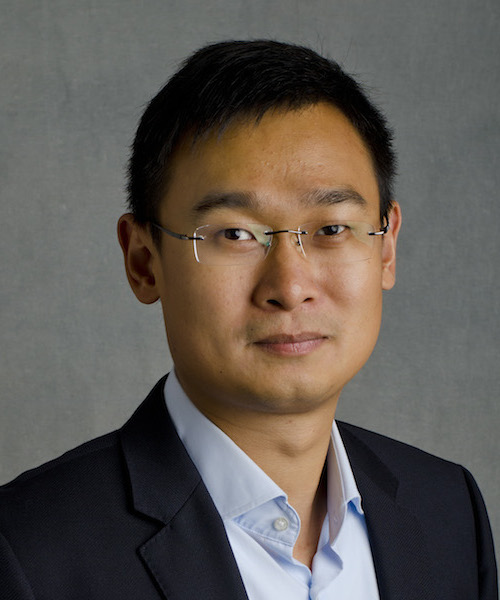
Dashun Wang
Dashun Wang is a Professor at the Kellogg School of Management and McCormick School of Engineering at Northwestern University. At Kellogg, he is the Founding Co-Director of the Ryan Institute on Complexity and the Founding Director of the Center for Science of Science and Innovation (CSSI). He is also a core faculty at the Northwestern Institute on Complex Systems (NICO). His current research focus is on Science of Science, a quest to turn the scientific methods and curiosities upon ourselves, hoping to use and develop tools from complexity sciences and artificial intelligence to broadly explore the opportunities for innovation and promises of prosperity offered by the recent data explosion in science. Dashun is a recipient of multiple awards for his research and teaching, including the AFOSR Young Investigator award, Poets & Quants Best 40 Under 40 Professors, Complex Systems Society’s Junior Scientific Award, the Erdos-Renyi Prize, Thinkers50 Radar, and more.Participants
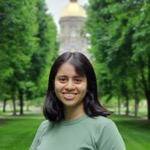
Nandini Banerjee
Nandini Banerjee is a Ph.D. student in the Computer Science and Engineering department at the University of Notre Dame. With a keen interest in the intersection of technology and human behavior, Nandini's research focuses on studying disruption in citation networks to understand how scientific knowledge evolves and how innovation is fostered within academic communities. Her work aims to unravel the complexities of scientific collaboration, particularly by understanding the characteristics and dynamics of scientific teams. Beyond her academic pursuits, Nandini likes to dabble in art in different mediums.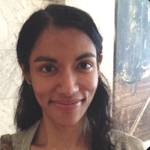
Mitali Banerjee
Mitali Banerjee is an Assistant Professor in the Strategy & Organizations department at the McGill Desautels Faculty of Management. Her research uses tools from computer vision, natural language processing and social network analysis in unique empirical contexts such as modern and jazz to examine the valuation of creative production. Her work has been published in the Academy of Management Journal and the Proceedings of the National Academy of Sciences. She completed her Ph.D. in Management from Columbia University. She graduated Summa Cum Laude, Phi Beta Kappa with a double major in Mathematics (BS) and Economics (BA) from the University of Rochester.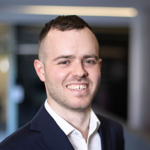
Pietro Bonaccorsi
Pietro Bonaccorsi is a PhD candidate in Strategic Management at the University of Toronto - Rotman School of Management. His research interests revolve around the social underpinnings of creativity and innovation – with a particular attention to the generation and evaluation of novelty in creative industries, and the intersection of networks and culture. Pietro holds undergraduate and Masters' degrees in Economics from the University of Pisa and the Sant'Anna School of Advanced Studies.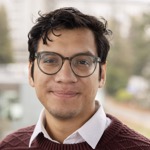
Christian Caballero
Christian Caballero is a Political Science PhD student at the University of California, Berkeley. His research focuses on American politics and political behavior. In particular, he studies the ways in which social networks influence processes of political persuasion and how political ideologies develop within subcultures. He holds a B.A. in Political Science and Sociology from New York University.
Liang Cai
Liang Cai is a PhD candidate in Sociology at the University of Chicago (expected to graduate spring 2025). His research interest centers on how human behaviors are shaped by social and physical contexts and how causally relevant contexts should be defined. His recent work has explored activity space exposures, income segregation around the clock, and spatio-temporal patterns of crime. His ongoing projects examine 1. the spatial decision-making process and its social context in activity space, 2. how mobility patterns factor into individuals' rural/urban living experiences, and 3. how social scientists can leverage computer vision AI to decipher local social ecology from street view images. My work integrates perspectives from urban sociology, decision science, geography, criminology, data science, and more.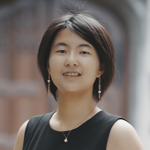
Likun Cao
Hi! I am Likun, a Ph.D. student in sociology at the University of Chicago. I am a member of Knowledge Lab, advised by Professor James Evans. My current work focuses on science & technology innovation and its social impacts. I am curious about the social and organizational conditions by which new things emerge and evolve, and how innovations influence business competition and social structures.
Lautaro Cella
Lautaro Cella is a PhD Candidate in Political Science at the University of Chicago, specializing in comparative politics and quantitative methods. His research interests include comparative political behavior, redistributive politics, and democratic erosion, with a regional focus on Latin America. His dissertation examines the determinants of anti-establishment attitudes and protest behavior among voters. His research employs survey experiments, semi-structured interviews, and text-as-data methods.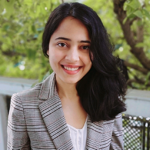
Rochana Chaturvedi
I am a Ph.D. candidate at the Natural Language Processing Lab, University of Illinois Chicago. My research focuses on understanding the latent patterns in evolving textual narratives with applications such as modeling individual health trajectories using clinical notes from multiple patient visits. I combine these notes with structured data and medical knowledge graphs for precise modeling. I also examine temporal trends in polarization based on the content people post online and how to reduce it to foster healthier communities.
Jinkyong Choi
Jin Choi is a Ph.D candidate at Columbia Business School. She is interested in innovation and entrepreneurship.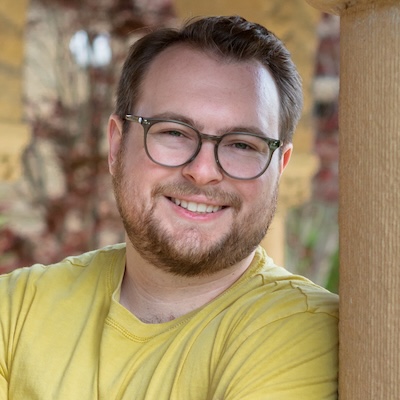
Ross Dahlke
Ross Dahlke is a fourth-year PhD Candidate at Stanford University in the Department of Communication where he is also a Knight-Hennessy Scholar and Data Science Scholar. He will be an assistant professor at the University of Wisconsin-Madison School of Journalism and Mass Communication in January 2025.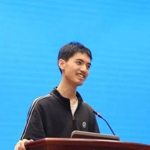
Hongbo Fang
Hongbo Fang obtains his PhD from the School of Computer Science at Carnegie Mellon University, and will soon join the University of Chicago as a postdoctoral scholar. During his PhD, he studies networks of open-source software developers and explores innovation and sustained participation in open-source context. He is also broadly interested in the general topics of computational social science, science of science and innovation.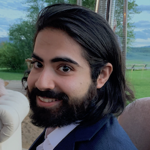
Brandon Freiberg
I'm a Ph.D. candidate at Columbia University. My work lies at the intersection of behavioral strategy, entrepreneurship and innovation. For example, my research has investigated the relationships between founder personality traits and startup success, social movements and venture investor behavior, political polarization and startup hiring, and natural disasters and support for green technologies. I often use a combination of computational and econometric approaches in my research, but have also conducted experiments and am open to whatever methodology best suits the research question or phenomenon. I'm also excited by complexity and collective information processing.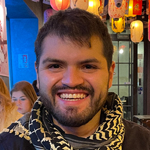
David Gamba
Hi, I'm David Gamba, a second-year Ph.D. student in Information Science at the University of Michigan, working with Daniel Romero and Grant Schoenebeck. My research explores the interplay between individual choices and collective phenomena, focusing on political polarization, social preferences, and ideological bubbles. I aim to understand how personal actions influence and are influenced by group behaviors and community decision-making. Using network science perspectives and mechanism design, I analyze these complex dynamics. Additionally, I am interested in examining the limits of addressing issues such as polarization at both the individual and collective levels.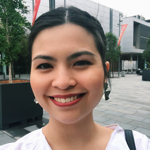
Fatima Gaw
Fatima Gaw is a Media, Technology and Society PhD student at Northwestern University University, working with Dr. Erik C. Nisbet and in the Center for Communication and Public Policy. She investigates how digital media logics, platforms, and ecosystems shape contemporary politics, with a focus on the Global South. Her research focuses on the cross-platform analyses of propaganda, disinformation, and elections on social media using computational methods and qualitative field methods. Fatima has a Master’s degree in Digital Communication and Culture from the University of Sydney, and a Bachelor’s degree in Broadcast Communication from the University of the Philippines.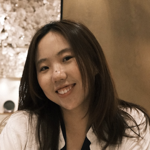
Mengdi Huang
Mengdi is a third-year PhD candidate in Social Psychology at Northwestern University. Her interests lie at the intersection of self, social network, and psychological well-being. Specifically, she is curious about how group experiences can shape and be shaped by our identities and self-concepts.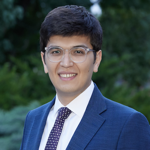
Bekhzod Khoshimov
Postdoctoral Fellow at the Wisconsin Institute of Discovery at UW-Madison. Incoming assistant professor at New York University Abu Dhabi. In my research, I study determinants of early-stage entrepreneurial success and factors that affect the supply of entrepreneurs in society. Before my Ph.D., I did a master’s in Economics at the University of Wisconsin and a bachelor’s in Applied Mathematics at Nanyang Technological University.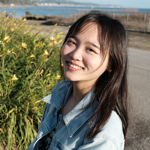
Yuhan Li
Yuhan Li is a Ph.D. student in Communication and Media at the University of Michigan. Her research focuses on science communication and computational social science. She uses computational (including analysis of texts, visuals, and audio data) and experimental methods to study public understanding of science (e.g., climate change, scientists) and technologies (e.g., AI, social media affordances) and how people's understandings of science drive their perceptions, attitudes, and behaviors toward risks.
Zihang Lin
Zihang Lin is a Ph.D. student in the Department of Industrial Engineering & Management Sciences at the McCormick School of Engineering at Northwestern University, with affiliations at Kellogg Center for Science of Science & Innovation (CSSI) and Northwestern Institute on Complex Systems (NICO). His research interests encompass computational social science, science of science, and innovation. Recently, his endeavors have been concentrated on extensive data analyses with advanced deep learning techniques, in a quest to achieve a deeper understanding of science and innovation, especially in accelerating the translational impact and bridging the gap from previous scientific knowledge to tomorrow's technological breakthroughs.
Nyx Ng
Nyx L. Ng is a Social-Personality Psychology PhD candidate at the University of Texas at Austin. Her primary lines of research seek to uncover the mechanisms underlying (a) moral judgments and perceptions and (b) susceptibility to misinformation. Her recent works examine moral misperceptions and partisan biases in truth judgments as potential sources of political polarization in the United States. Her research primarily employs computational modeling approaches and involves conducting lab and online studies using observational and experimental methods. Nyx earned her MSc from University College London and BBM from Singapore Management University, and she is a recipient of the University of Texas at Austin’s University Graduate Continuing Fellowship.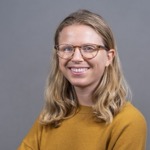
Charlotte O'Herron
Charlotte O’Herron is a Doctoral Student in Sociology & Social Policy at Harvard University. Her research interests include labor market inequality, gender, race, and culture. Before starting her Ph.D., Charlotte received a Master in Public Policy from the Harvard Kennedy School.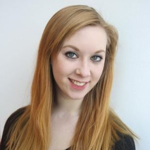
Katherine O'Toole
In my research, I investigate how technological affordances can facilitate creativity for both individuals and groups. My work aims to develop computational models of the processes involved in collective creativity and cultural evolution, and to examine Human-Computer Interaction in order to identify ways in which technology can be leveraged to support creativity both in individual and collaborative settings. In my work, I utilize data science, machine learning, statistical modeling, and social network analysis to explore the multifaceted dimensions of human-computer interactions and to identify ways to design technical tools and platforms that can support creative expression and collaboration, with a particular focus on music. I am particularly interested in examining the dynamics of co-creative behaviors within socio-technical systems, and my work leverages digital trace data to investigate how distributed creativity emerges as individuals extend and build on existing knowledge within a domain.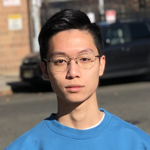
Haohan Shi
Haohan Shi is a Ph.D. student in the Media, Technology, and Society program at Northwestern University. At Northwestern, he collaborates in the Lab on Innovation, Networks, and Knowledge under the guidance of Dr. Agnes Horvat. He is broadly interested in the science of science, retraction, online democracy, misinformation, computational social science, and AI for social good. His work focuses on advancing online scholarly communication and promoting the democratization of science through digital science dissemination. He holds an M.A. in Computational Social Science from the University of Chicago and a B.S. in Mathematics/Computer Science and Psychology/Linguistics from Emory University.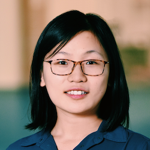
Hui Sun
I am an assistant professor at the Frankfurt School of Finance & Management. My research focuses on cognitive and communicative mechanisms in strategy-making, organization design, and social network mobilization.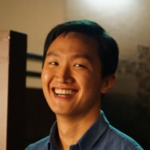
Jung Hyo Sun
Jung-Hyo is a doctoral student in management at INSEAD. His research focuses on the adoption and uses of technological innovations through the lenses of organization theory. He is particularly interested in understanding when and how firms use social media to achieve multiple functional goals, applying computational methods and using Twitter as an empirical context. Before pursuing his PhD, he worked in the R&D center of an automobile company, where he gained industry experiences. In addition to his academic interests, he enjoys playing European football and riding bikes.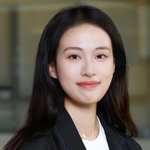
Shinan Wang
Shinan Wang is a doctoral student in Management and Organization and Sociology at the Kellogg School of Management, Northwestern University. She is currently exploring how broad societal factors—such as social structure, networks, and culture—shape micro-level labor market practices, including organizational job design and individual careers. She is also interested in understanding how these factors contribute to workplace inequality. Currently, she is working on projects examining the influence of social trust, kinship, and nationalism on cross-country differences in labor market practices. Before graduate school, she was a research associate at Harvard Business School, studying organizational inequality. She earned an M.P.P from the University of Chicago and a B.A. from Brandeis University.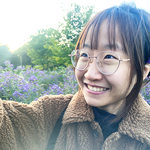
Xi Wang
Xi Wang is a fourth-year Ph.D student in Sociology at Northwestern University and is currently training at the Chicago Psychoanalytic Institute. She is broadly interested in the culture and institution of mental health, especially in a transnational context. Focusing on the post-licensure context of psychotherapy in China, she examines how social actors re-professionalize the field through various forms of expertise. Her dissertation explores the professional jurisdiction of psychoanalysis and its connection to social modernity, examining why psychoanalysis and psychodynamic psychotherapy are intellectually prominent but clinically marginalized in contemporary China through psychoanalytic training programs co-taught by indigenous practitioners and Western therapists.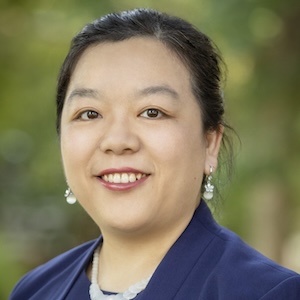
Tingting Zhang
Dr. Tingting Zhang is an assistant professor at the School of Labor and Employment Relations at the University of Illinois Urbana-Champaign. Her research within industrial relations focuses on the role of information communication technology (ICT), such as social media, in labor movements and union renewal.
Jessica Zier
Jessica (Jessi) is a PhD student in the Media, Technology and Society program at Northwestern University. Her research focuses on the psychology of persuasion, (mis)information processing, and human communication behaviors in the context of digital and algorithmic systems. She holds a BSc in Cognitive Neuroscience (Minerva University) and MA in Digital Communication (Vrije Universiteit Brussel/University of Salzburg).Event Supporter
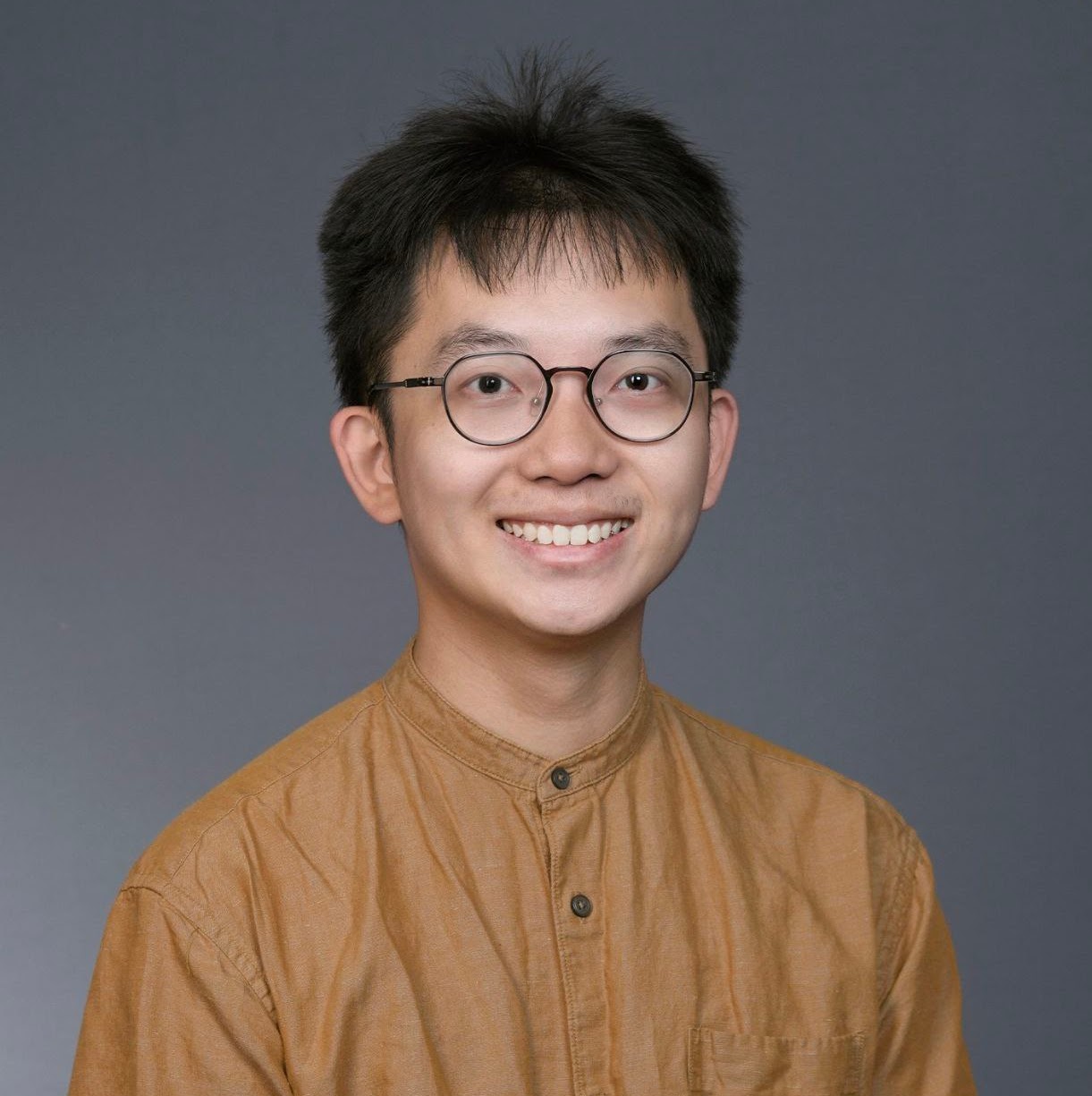
Yi Ming Ng
Yi Ming is a Ph.D. student in Sociology and Management & Organizations at Northwestern University. His research investigates the institutional change processes around hybrid organizations, corporations that combine profit and purpose, through cultural, valuational, and interactional perspectives. This work has received awards, including the 2024 SSSP Best Paper Award in Social Entrepreneurship & Innovation, while earlier work is published in Nature Climate Change and Parliamentary Affairs. Yi Ming is a 2021 SICSS-Helsinki alumnus.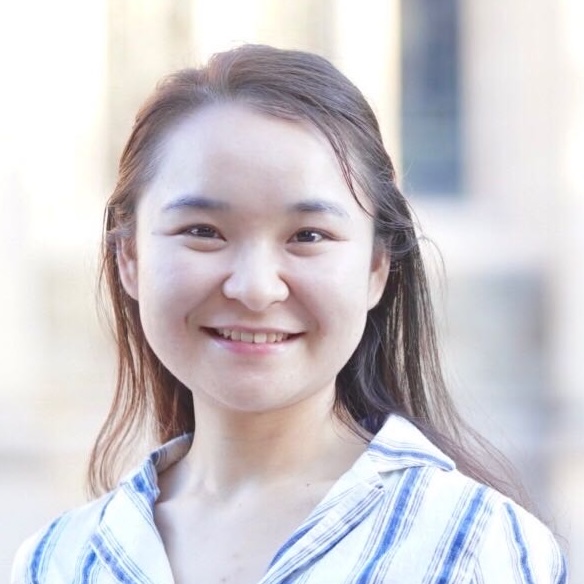
Yanling Zhao
Yanling Zhao is a doctoral student in the Media, Technology, and Society program at School of Communication, Northwestern University and a member of the Center for Communication & Public Policy research lab. Her research centers on political communication, public opinion, and political behavior with an emphasis on new technology and digital media. Yanling employs a range of methodological approaches in her scholarship, including computational, survey, and experimental methods. Yanling is also a 2023 SICSS alum.